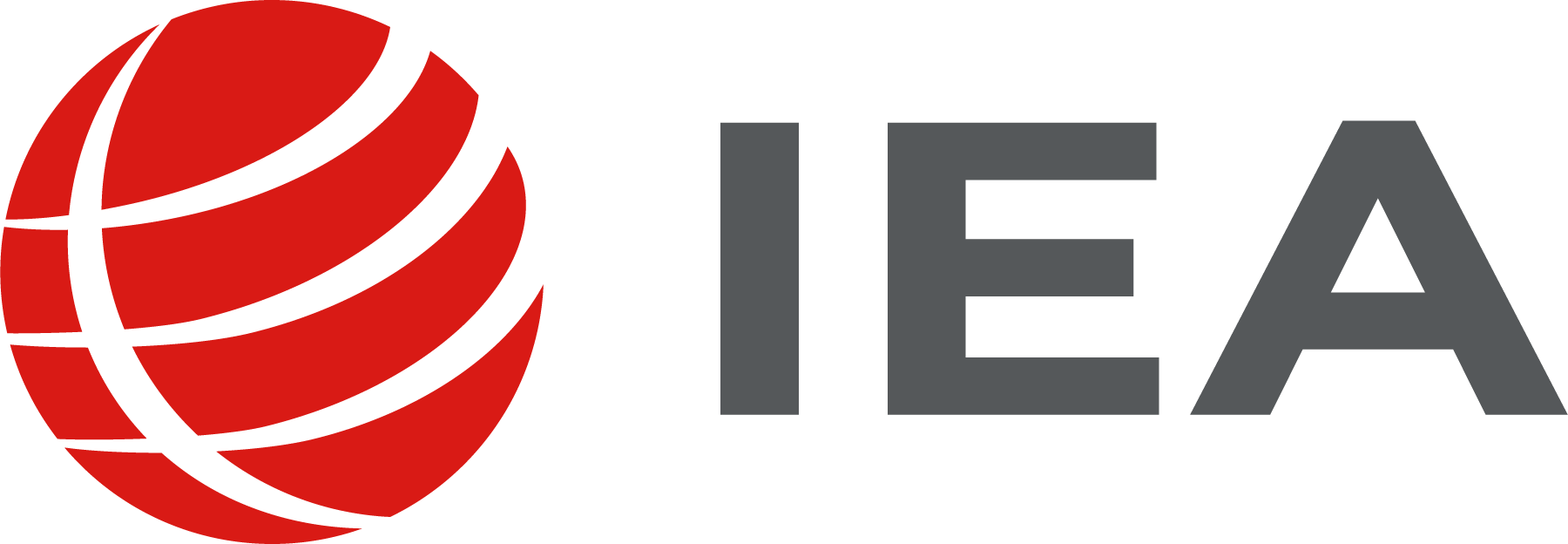IEA Research for Education Series
This series of in-depth, peer-reviewed thematic reports investigates critical questions concerning educational policies and educational research. Publications are based on secondary analyses of IEA data and the goal is to encourage international dialogue focusing on policy matters and technical evaluation procedures. The series is edited by Dr. Seamus Hegarty and Dr. Leslie Rutkowski, is open access, and is published by Springer.
The call for proposals is currently closed. Successful applicants from the latest call will receive funding to write a new report for this series.
2024
A Nordic Perspective Across Time and Groups of Students
This book examines teacher practices in primary school by exploring the content teachers cover in their teaching, the quality of their teaching, and their assessment practices. The aim is to examine how these practices are related to achievement and changes in achievement in mathematics and science over time, as well as how they are related to educational equity in the Nordic countries.
2021
Teaching and Learning Mathematics and Science in South-Eastern Europe
This open access book brings together national experts from across the Dinaric region to rigorously review IEA’s TIMSS 2019 grade four data to develop a multidimensional and culturally sensitive perspective on their TIMSS 2019 primary-level results.
Download PDF (Dinaric Translation) 13.85 MB
A Global Perspective Using IEA ICCS 2016 Data
IEA Research for Education Volume 12 presents an international group of scholars seeking to understand how youth from different cultures relate to modern multidimensional concepts of citizenship, and the roles that education and society have in shaping the views of the world’s future citizens.
A Cross-national Comparison of Nordic Data from ICCS
IEA Research for Education Volume 11 addresses the state of civic and citizenship education in the four Nordic countries that participated in the IEA International Civic and Citizenship Education Study (ICCS) in 2009 and 2016.
2020
Understanding IEA’s Comparative Studies of Student Achievement
IEA Research for Education Volume 10 reviews the development of the quality control mechanisms and methodologies associated with IEA’s extensive program of educational research.
Exploring Data from TIMSS and TIMSS Advanced (including supplementary materials)
IEA Research for Education Volume 9 explores the nature and extent of students’ misconceptions and misunderstandings related to core concepts in physics and mathematics and physics across grades four, eight and 12.
2019
An in-depth analysis of data from ICILS
IEA Research for Education Volume 8 investigates gender differences in students' use of, perceptions about, and proficiency in using computer technologies based on ICILS 2013 data. Teachers’ use of computers, and their perceptions regarding the benefits of computer use in education, are also analyzed by gender.
Exploring Student Clusters Across Countries and Time
This Volume 7 presents a person-centered exploration of student profiles, using variables related to motivation to do school mathematics derived from TIMSS data. This approach broadens our understanding about the role that motivation characteristics play in learning and achievement in mathematics.
Analyzing teacher characteristics, behaviors and student outcomes with TIMSS
IEA Research for Education Volume 6 uses TIMSS data (1995-2015) to examine the interrelationship of national policy, teacher effectiveness, and student outcomes with a specific emphasis on educational equity.
Evidence from Twenty Years of TIMSS
IEA Research for Education Volume 5. This study addresses an important research and policy question by examining changes in the inequality of educational outcomes due to family socioeconomic status over a 20-year period using TIMSS data from 1995-2015.
2018
IEA Research for Education Volume 4. Provides a significant and timely investigation into the impacts that globalization has exerted on science curricula in a diverse range of countries using TIMSS data (1995 to 2015). Using a combination of quantitative and qualitative methods, this book considers the extent to which there have been changes to the intended and implemented science curricula in different countries over 20 years.
IEA Research for Education Volume 3 identifies factors and conditions that can help schools and education systems promote tolerance in a globalized world. Using ICCS data, advanced analytical methods provide insights into relationships between students’ attitudes towards cultural diversity and the characteristics of the students themselves, their families, their teachers and school principals.
2016
Relationships Across Countries, Cohorts and Time
IEA Research for Education Volume 2. Uses TIMSS data to offer insights on how teacher quality and instructional quality influence student outcomes in mathematics across countries, grades and time
IEA Research for Education Volume 1
IEA Research for Education Volume 1. Offers insights on how parental involvement and parental help with homework affect student reading literacy across countries and cultures









